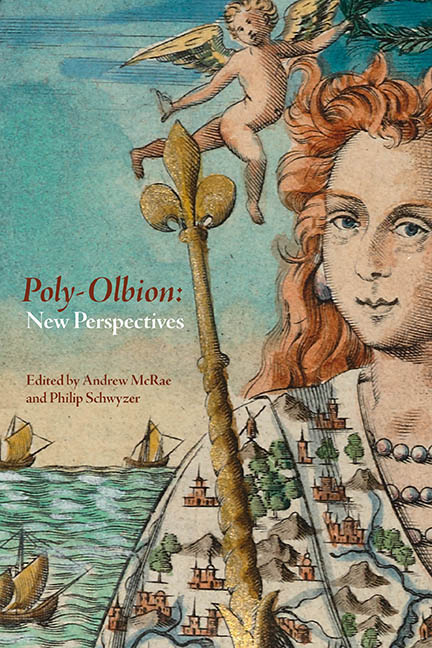5 - Drayton' Fish
Published online by Cambridge University Press: 27 March 2020
Summary
It is hard to overestimate the importance of fish and fishing in early modern England. Fish and fisheries were vital to the early modern economy. The presence of fish stocks not only explains the location of a large number of population centres, but disputes over fishing rights were responsible for many major conflicts and wars in the period. Fishing also had therapeutic and symbolic significance, angling becoming ever more important as a means of escaping the tensions of modern life as the seventeenth century progressed and, especially for writers inclined to the Royalist position after the turbulent years of the Commonwealth, a means of getting back in touch with a more ordered, simple, and sedate society. Fish were especially good at connecting man to nature, as they were assumed to be natural products or elements rather than animals with feelings. And, of course, fish and fishing feature prominently in Christian symbolism. So it is hardly surprising that there is significant comment about the varieties of native fish and modes of fishing in Drayton's chorographical poem. This chapter will chart Drayton’s representation of fish in his poetry in relation to economic writings, husbandry manuals as well as other poetry. Drayton's literal and allegorical exploration of the significance of fish in the early modern world is part of a distinctive ecological vision which includes, unusually for a writer in the early seventeenth century, reflections on sustainability. This chapter is divided into three sections. In the first, I will examine representations of sea fish and fishing and show how Drayton makes use of what his contemporaries wrote and suggest how he influenced them in turn. In the second, I will explore contemporary representations of freshwater fishing, in order to show how Drayton resembled and differed from other writers in his extensive comments on fishing in Poly-Olbion in the third section.
Fish were such a cheap and plentiful foodstuff that William Cecil, as Secretary of State and anxious of challenges to English fishing, launched a plan to impose an extra fish day (Wednesday) to protect the industry.
- Type
- Chapter
- Information
- Poly-Olbion: New Perspectives , pp. 112 - 131Publisher: Boydell & BrewerPrint publication year: 2020
- 1
- Cited by



